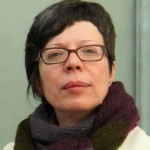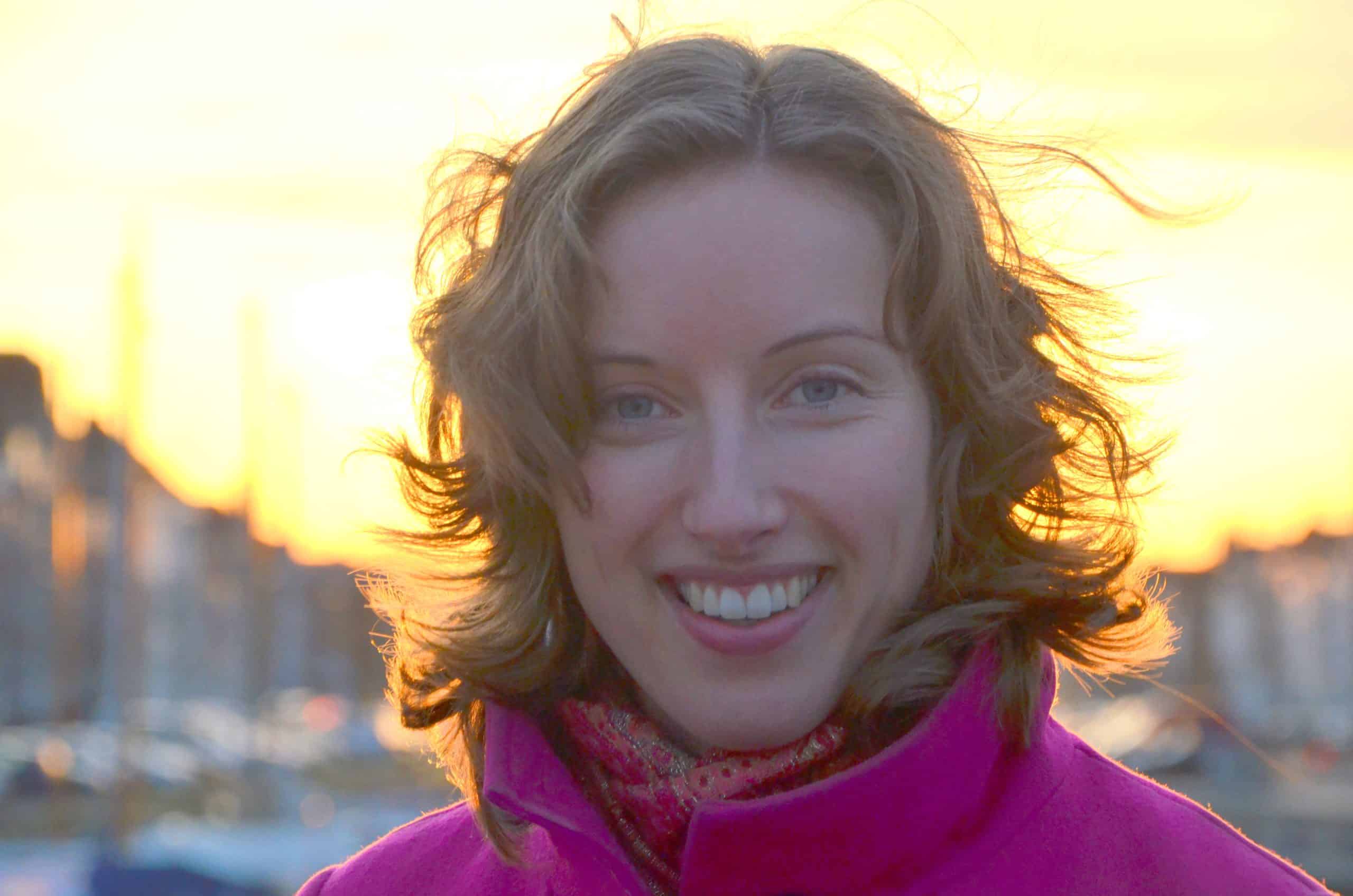’Nothing changes until you change’ - Julian Lennon
This quote reflects the key insight of this research: outer change requires inner change. If human beings as individuals, groups, communities and societies do not change their inner wiring, any change in the outer world will not be transformative and sustainable in the long term. In other words, we need to change from the inside out. In sustainability research this is referred to as the ‘inner dimension’ of sustainability, often researched by exploring concepts of culture, values and worldview. Building onto these, this research argues that transformative change also requires a shift in consciousness. Whereas the concepts of culture, values and worldview still largely remain in the cognitive sphere, a shift in consciousness implies not only a shift in how we understand the world but as well a shift in how we experience and sense the world; a shift in ‘being’. This process of learning our way to a different kind of consciousness is understood as a transformative learning process. As consciousness is constantly created in the interaction between the self, the social and the material, a shift in consciousness or transformative learning process, is place-based.
This research uses three concepts to theorize a transformative learning process: connection, compassion and creativity. (re)-Connection involves all processes that evoke an experience of the interconnected nature of all life. (self)- Compassion – acting to alleviate suffering or do the least harm – naturally follows a sense of interconnection. Creativity is the materialization of a sense of interconnection and compassion, or the means through which these can be experienced. The aim of this research is to unravel processes of transformative learning with people from ecovillages. This has been done through a combination of well-known ethnographic research methods and more experimental and unconventional methods based on a transpersonal research approach including intuitive inquiry, life-story interviews, narrative inquiry and photo-voice.
A key insight from this research is that the transformative learning process happens in the tension field between the three dimensions of connection, compassion and creativity and their opposite, ‘negative’ poles; disconnection, a lack of (self) compassion and a stagnation of creativity or a creativity that is not grounded in connection and compassion. Ecovillages embody the positive as well as the negative poles of these three dimensions. They do intentionally try to move in the direction of the positive poles. For this reason, initiatives like ecovillages are like ‘high pressure cooking pots’ from which we can learn valuable lessons on how to invite, support and facilitate transformative change, what obstacles to expect and what tools and methods can be used to work through them.
Key words: eco-villages, transformation, social innovation, transformative learning, ecological consciousness, connection, compassion, creativity
News
Researcher: Siri Pisters

Email: siri.pisters@luke.fi
Website:
Host: Natural Resources Institute Finland (LUKE)
Supervisor: Prof. Hilkka Vihinen 
Co-supervisor: Elisabete Figueiredo
1st secondment: GEN-Finland
2nd secondment: University of Aveiro

